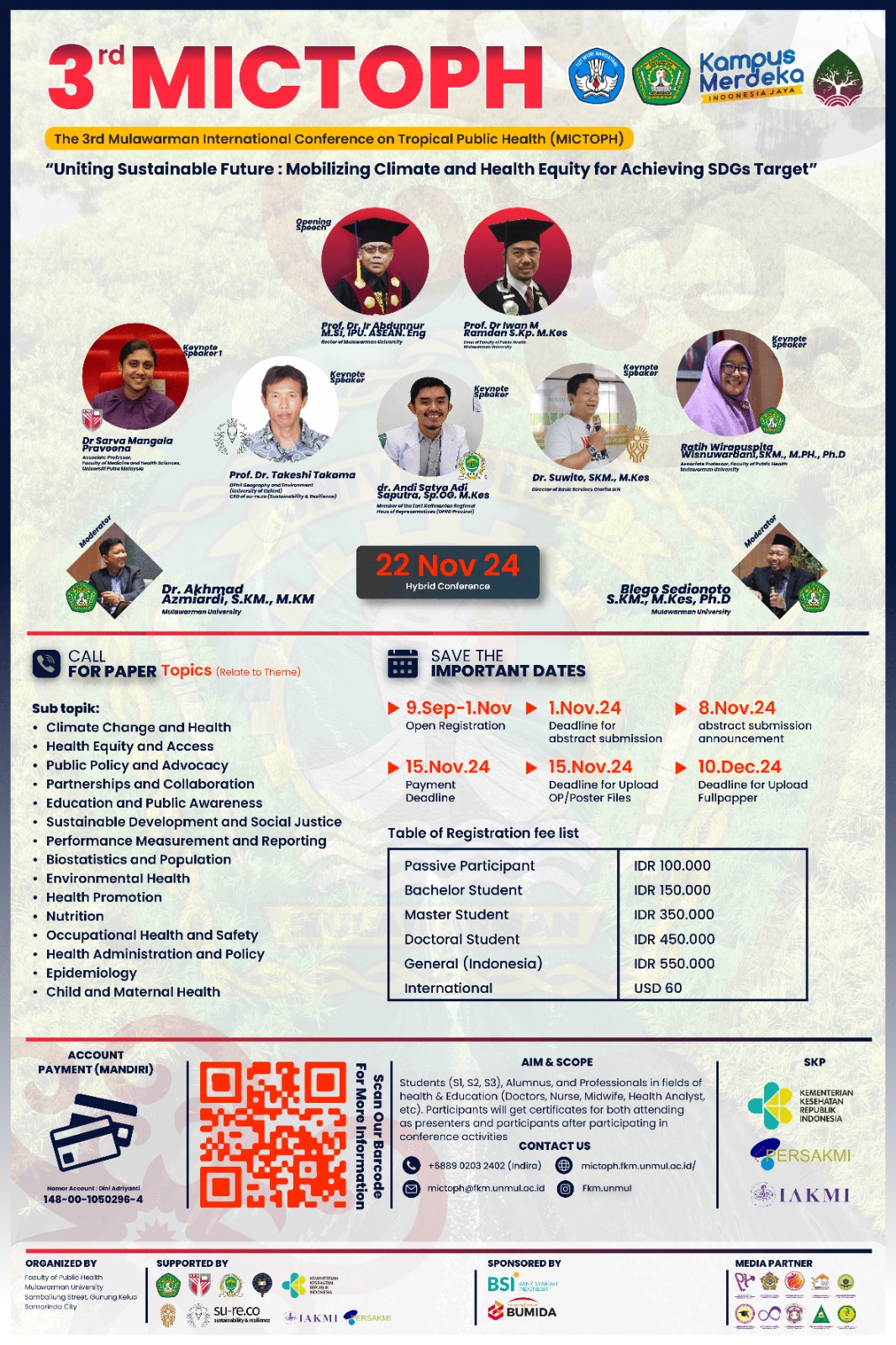Waste Management Problems in Wono Sari Village
Keywords:
Environment, Waste management, organic inorganicAbstract
Background : Wono Sari Village has a strategic role in maintaining the health of the local community. Various factors affect the health of residents in this village, including the environment, lifestyle, and access to health facilities. Based on observations, it was found that 97.3% of waste is the number one problem in Wono Sari Village. This happens because many residents manage their waste by burning it because there is no landfill there. Therefore, an integrated waste management program is needed in Wono Sari Village. Objective : The objective of this community service activity is to increase community knowledge and skills in processing organic and inorganic waste. Research Methods/ Implementation Methods : This community service activity is in the form of training using teaching methods, including lectures, demonstrations, and simulations. This training activity involves the community of Wono Sari Village, Sepaku District, North Penajam Paser Regency. Results : The integrated waste management program carried out in Wono Sari Village is the SOLASA Program (Socialization of Waste Management), E-Table Training (Ecobrick Table) and COHATA Training (Eco-Enzyme Training of Plant Pests). SOLASA (Socialization of Waste Management) and E-Table Training (Ecobrick Table Training) are socialization and training activities carried out to reduce plastic waste and reuse it into products with functional value. This program was carried out in Wono Sari Village, precisely at the Goa Tapak Raja Food Court (N=35). From the SOLASA program and E-Table Training, there was an increase in participant knowledge of 3.3% after the delivery of the material. COHATA Training is a training activity carried out to reduce organic waste and reuse it into effective and environmentally friendly natural pesticides (N=6) with training participants being members of Dasa Wisma. The results of the pre-test post-test showed an increase in participant knowledge of 2.75% after the delivery of the material. Conclusion/Lesson Learned : This training successfully increased participants’ knowledge in waste management. There needs to be further waste management program in Wono Sari Village community to reduce waste burning.





